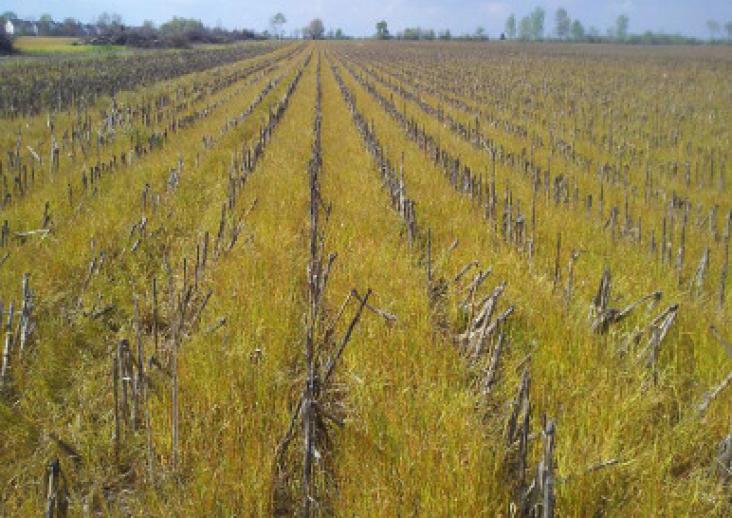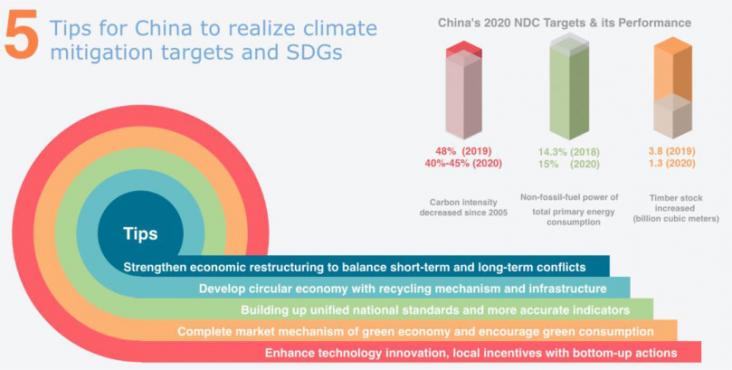
In 2018, Dr. Alessio Adamiano, a researcher for the Italian National Research Council at the Institute of Science and Technology for Ceramic Materials, was awarded the second prize of €25,000. Contributing to SDGs 2, 13 and 14, his project, “Phos-Fate: Empowering fishing communities for climate change”, demonstrated how phosphorous can be recycled in a simple, scalable way by converting fish bones into products such as fertilizers. Two years later, we interviewed Dr. Adamiano about his experience at the Challenge, as well as the upcoming steps for his project empowering fishing communities for climate change.
This paper highlights the impact of plastic polluntion in Nigeria and the urgent need to recycle plastics to create wealth opportunity.
Elsevier,
Electric Vehicles for Smart Cities, Trends, Challenges, and Opportunities, 2021, Pages 181-247
This book chapter addresses SDGs 7, 9 and 13 by investigating case studies from major cities showcasing how they approached electric mobility including the unique policies, actions, and programs implemented to make it successful.

Each year, the Food and Agriculture Organization of the United Nations (FAO) celebrates World Food Day on October 16th to commemorate is founding in 1945. World Food Day 2020 is calling for global solidarity to help all populations to recover from the crisis, and to make food systems more resilient and robust so they can withstand increasing volatility and climate shocks, deliver affordable and sustainable healthy diets for all, and decent livelihoods for food system workers. In support of this years theme - 'Grow, Nourish, Sustain. Together' - Elsevier presents a curated, open access collection of 40 journal articles and book chapters focussed on increasing food security and sustainability.
This book chapter advances SDGs 13 and 11 by describing a range of adaptation frameworks, including those provided by Federal Highways Administration (FHWA) and the International Road Federation (PIARC), as these provide good case study applications in the real world.
Agriculture consumes huge amounts of water in China and is profoundly affected by climate change. This study projects the agricultural water use towards 2030 under the climate change mitigation target at the provincial level in China by linking a computable general equilibrium (CGE) model and a regression model.
This book chapter advances SDGs 9, 11, and 13 by providing a general introduction to climate change adaptation for transportation systems and a set of guiding principles for the planning and implementation of adaptation programs.
Climate change requires joint actions between government and local actors. Understanding the perception of people and communities is critical for designing climate change adaptation strategies.

Tillage is the most common agricultural practice dating back to the origin of agriculture. In recent decades, no-tillage (NT) has been introduced to improve soil and water quality.

This paper summarized China's integrated actions (2015 onwards) that benefit both climate change mitigation and Sustainable Development Goals (SDGs).

